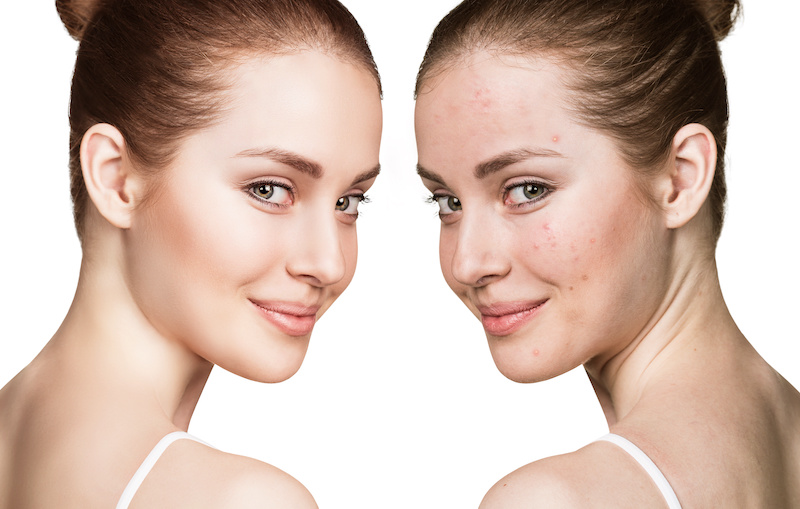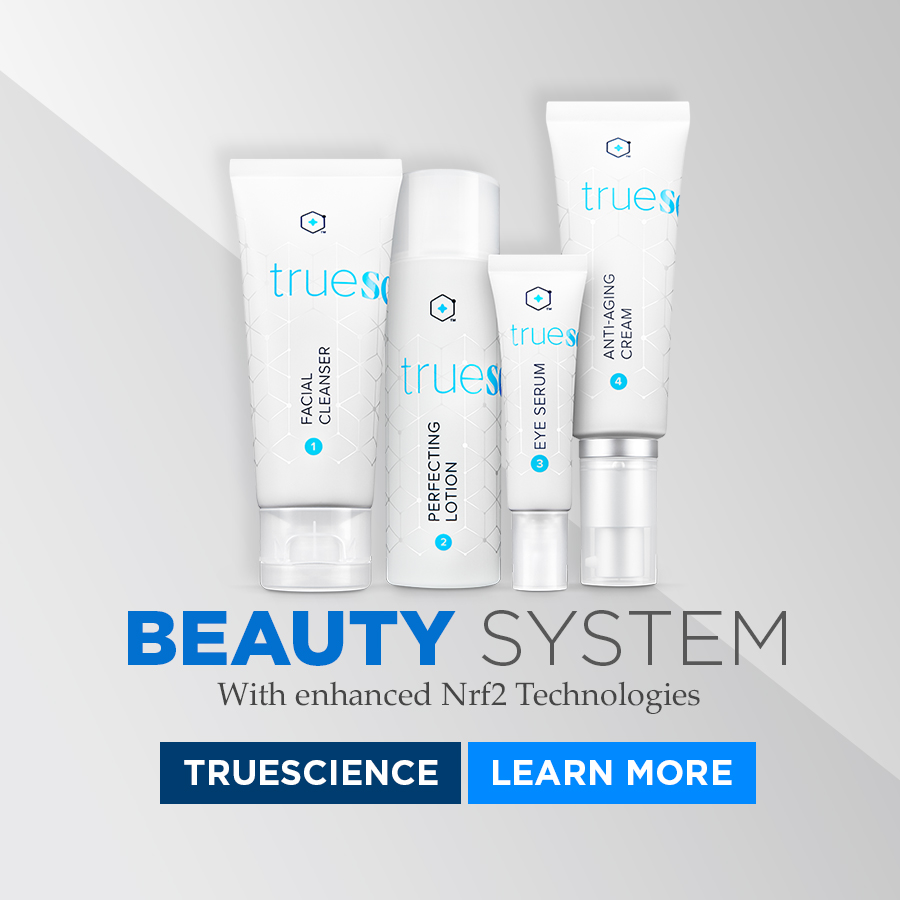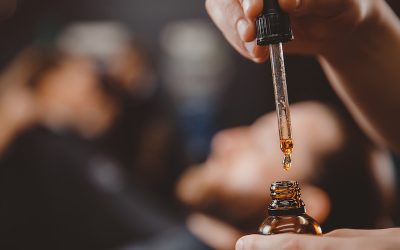acne
PROBLEMSMost people develop acne — the most common
skin condition — to some degree, but it primarily
affects teenagers undergoing hormonal changes.
JOIN OUR COMMUNITY.
JOIN OUR COMMUNITY.
Skin Conditions and Acne
Most people develop acne — the most common skin condition — to some degree, but it primarily affects teenagers undergoing hormonal changes.
Acne may be mild (few, occasional pimples), moderate (inflammatory papules), or severe (nodules and cysts). Treatment depends on the severity of the condition.

What Causes Acne?
Acne is primarily a hormonal condition driven by male or ‘androgenic’ hormones, which typically become active during the teenage years. Sensitivity to such hormones, combined with bacteria on the skin, and fatty acids within oil glands, cause acne. Common sites for acne are the face, chest, shoulders, and back — the sites of oil glands.
Acne lesions include whiteheads, blackheads, small bumps, and nodules and cysts.
Though acne is essentially a normal physiologic occurrence, certain conditions may aggravate the condition, including:
- Fluctuating hormone levels around the time of menses (women)
- Manipulating (picking/prodding) acne lesions
- Clothing (for example, hats and sports helmets) and headgear

How Is Acne Treated?
Only three types of drugs have proven to be effective for the treatment of acne — antibiotics, benzoyl peroxide, and retinoids. Most people require at least one or two agents, depending on the severity of their acne.
- Benzoyl peroxide, available as an over-the-counter product (for example, Clearasil, Stridex) and by prescription (for example, Benoxyl, PanOxyl, Persagel), targets surface bacteria, which often aggravate acne. Irritation (dryness) is a common side effect.
- Retinoids (vitamin A derivatives), for example, Differin, Retin-A, Tazorac, treat blackheads and whiteheads, the first lesions of acne. The most common side effect is irritation. While most are prescription only, there is an over-the-counter version of Differin now available.
- Antibiotics , either topically applied to the skin (clindamycin, erythromycin), or taken orally (tetracycline and its derivatives, ethoprim-sulfamethoxazole) control surface bacteria and reduce inflammation in the skin. Antibiotics are more effective when combined with benzoyl peroxide or retinoids. The oral retinoid isotretinoin(Absorica, Amnesteem, Claravis, Myorisan and Zenatane) is reserved for people with severe (nodular or cystic) disease. Isotretinoin shrinks the size of oil glands, the anatomic origin of acne. Without active, plump oil glands, acne actively diminishes. Side effects can include dry skin, elevated cholesterol and triglycerides, and birth defects. Women of childbearing age must practice birth control before, during, and after treatment (often a year) with isotretinoin. The use of isotretinoin requires rigorous testing (cholesterol, pregnancy) and follow-up for the prescribed period (5 or more months). It is reserved for the most severe types of acne that do not respond to other treatments.
- Hormone therapy may be helpful for some women with acne, especially for those with signs and symptoms (irregular periods, thinning hair) of androgen (male hormone) excess. The hormone therapy consists of low-dose estrogen and progesterone (birth control pills) or anti-androgen medications (spironolactone).

How Can Acne Be Prevented?
To prevent acne and reduce its damage to your skin, follow these tips.
- Choose a cleanser specially formulated for acne. These products often contain salicylic acid or benzoyl peroxide, which help to clear acne sores.
- Clean your face gently, as trauma to the acne breakouts may worsen the acne or cause scarring. When washing your face, use your hands or cotton pads, as any terrycloth or other scrubbing material may cause acne sores to rupture.
- If you need to use a moisturizer, use only light, noncomedogenic moisturizers, which do not aggravate acne.
- If you are a woman, use an oil-free foundation. Heavy makeup or other cosmetic products that block pores may cause a flare-up of acne.

WHAT YOU NEED TO KNOW ABOUT ACNE
Acne is a common skin condition that affects many people. It can be caused by a number of things, including overactive sebaceous glands, bacteria, hormones, and the environment. Acne can cause a variety of symptoms, including blackheads, whiteheads, pimples, and...

Other Interesting Articles
Look No Further than These Essential Oils for Great Skin
10 Essential Oils for Gorgeous Skin 1. Lavender oil is great for skin that is dry or irritated. 2. Rose oil is perfect for aging skin, as it helps to reduce the appearance of wrinkles. 3. Tea tree oil is a powerful antibacterial agent, making it ideal for treating...
10 Easy Tips to Transform Tired Skin
10 TIPS FOR NATURALLY GLOWING SKIN It's an exciting time to be alive. We know that organic products are better for us and the planet; organic cotton reduces toxic chemical use; organic ingredients nourish skin instead of stripping it. So we've put together our top ten...
10 Things To Be Aware Of When Using Essential Oils
Essential oils are extracted through different methods from the leaves, barks, and rinds of certain plants. You can find them in many beauty products or use them in their pure form in creating your own creams or scrubs. Pure essential oils can also be rubbed into the...
Not sure what you need?
Reach Us
Contact Us
2153 S REMINGTON AVE, SARATOGA SPRINGS,
UT 84045 USA
855-676-0555
Let's Start Talking About Your Skincare Needs
© 2021 - Ornate Skincare | All rights reserved.
2153 S REMINGTON AVE, SARATOGA SPRINGS,
UT 84045 US
855-676-0555

